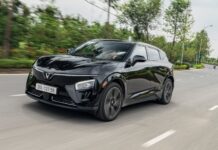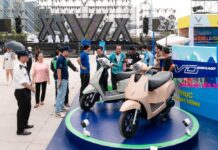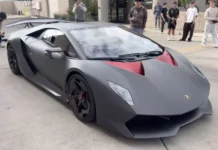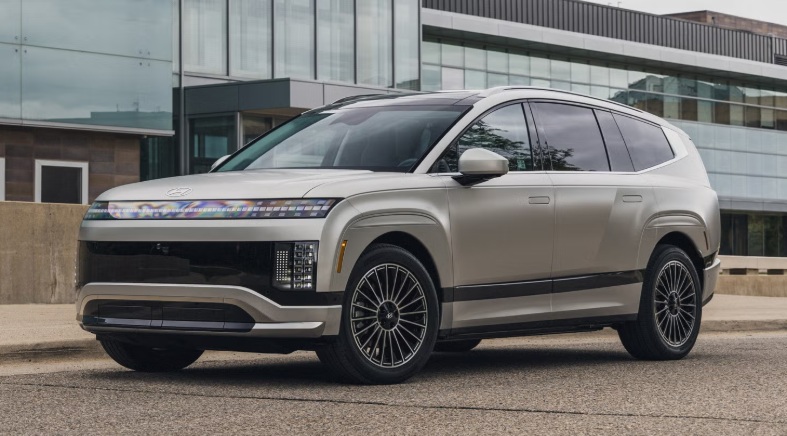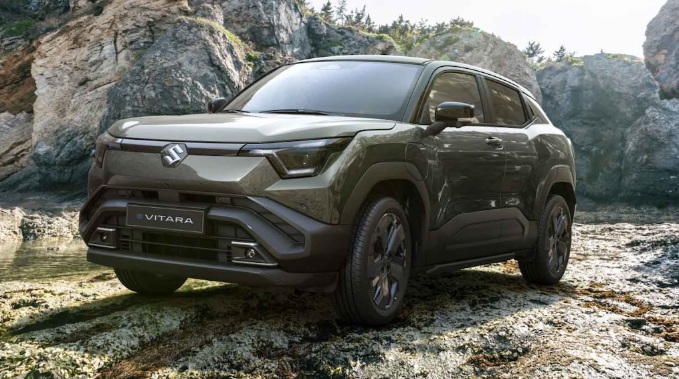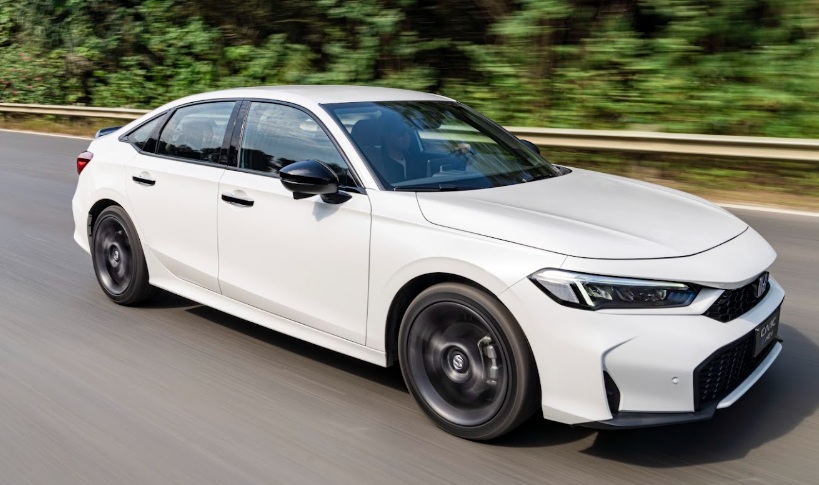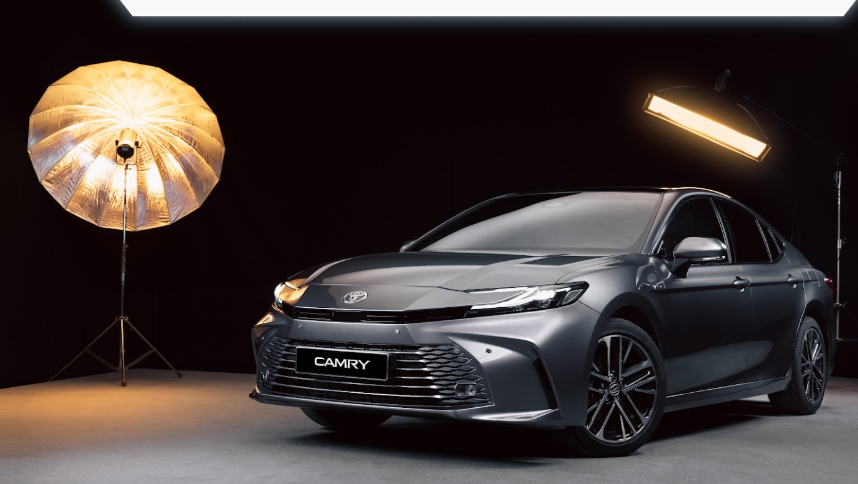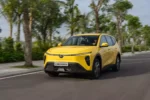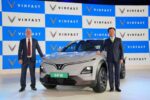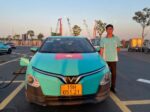Global automakers are increasingly shifting their production lines to India, aiming to reduce reliance on Chinese supply chains and manufacturing hubs.
This shift to India has become evident as vehicle exports to Europe surge. Between April and August 2025, exports to the UK, Germany, Spain, and Norway reached $63 million, nearly nine times higher than the same period last year. Japan has also seen a significant increase in vehicle imports from India, nearly quadrupling in the last fiscal year.
Companies like Suzuki and Honda view India as a critical link in their global network, especially as competition from Chinese vehicles intensifies.
India Emerges as a Low-Cost Manufacturing Hub
According to Rahul Bharti of Maruti Suzuki, India’s advantages lie in its low production costs, skilled labor force, and stable supply chains. Leveraging these strengths, Suzuki has announced a $7.7 billion investment to boost capacity to 4 million vehicles annually, positioning India as its electric vehicle (EV) production hub. Since August 2025, over 7,400 e Vitara units have been exported to Europe.
Honda is also developing plans to manufacture a new EV model in India for export to Japan and Asia. Hyundai has pledged $5 billion by 2030, while Toyota is investing over $2.25 billion in a new plant.
Honda is preparing to produce a new EV model in India for export to Japan and the Asian market. Hyundai has committed $5 billion by 2030, and Toyota is investing over $2.25 billion in a new facility. These plans align with domestic shifts as Indian consumers increasingly prefer SUVs over compact cars.
Countering the Rise of Chinese Vehicles
Experts suggest that vehicles assembled in India could compete with Chinese cars in Europe. AlixPartners forecasts that Chinese vehicles may capture 10% of the European market by 2030, prompting global automakers to seek low-cost production alternatives.
From April to October 2025, India exported over 514,000 vehicles, accounting for 67% of the previous fiscal year’s total exports. Maruti Suzuki leads, followed by Hyundai, Nissan, and Volkswagen. Major markets include South Africa, Saudi Arabia, Mexico, Japan, and the UAE.
Accelerating Growth in the Auto Components Sector
In the last fiscal year, India’s auto component exports reached $22.9 billion, with Europe accounting for nearly 30%. Major players like Bosch and Tenneco have established plants in India, while domestic firms such as Motherson Group, Sona Comstar, and Bharat Forge have long-standing international presence.
Analysts note that India’s component ecosystem is now more mature, enabling automakers to set up and expand production seamlessly.
With domestic market growth slowing, boosting exports is essential for maintaining stable operations. According to Avanteum Advisors, exports help manufacturers avoid underutilized capacity, a key factor in preventing losses.
Electric Vehicle Charging Stations Blanket Vietnam: From Hanoi to Ho Chi Minh City, Drivers Confident in Seamless Charging Access
In Hanoi and Ho Chi Minh City, VinFast electric vehicle owners enjoy unparalleled convenience with charging stations strategically located throughout both cities. Equipped with high-capacity charging pillars ranging from 60kW to 300kW, these stations significantly reduce charging times, ensuring a seamless and efficient experience for all users.



